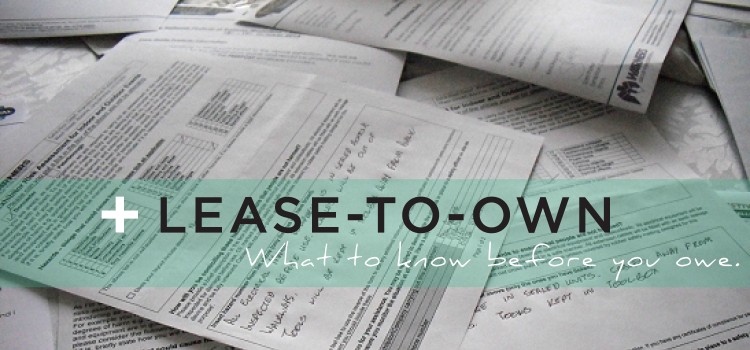Navigating the intricacies of a complicated transaction.
This is Part 2 of the Lease-to-Own series. In Part 1, we discussed what a Lease-to-Own contract is, and what the buyers and sellers agent needs to know. Click here to view Part 1.
By Keith Davis
The lender needs to know a few things as well. And this is where it gets really confusing. Many landlords and buyers agree that a home will sell for $x,000 and that the price will be reduced over time by rent payments. And I truly believe that most parties enter into these agreements honestly and wanting this to work. But the lender, who does not get involved until a year or two into the contract, sees things differently. The lenders with whom I have spoken attribute rent payments to rent and not toward a purchase price. In order for rent to count in any way toward purchase, they must be spelled out in this manner:
- Market rent for home is $x,000 per month.
- Renter to pay $x,000 per month for rent, plus an additional $x00 per month that will be attributed toward a down payment.
At the time that renter chooses to exercise their option to purchase, the accumulated down payment can then be attributed to that. Lenders WILL accept a reduction in sales price as time goes on, but the borrower will still needs to come up with their downpayment of 20% or whatever the requirement for their specific loan is.
If you do a reduction in sale price, be careful not to reduce the price by the rent payment. This is seriously shortchanging the owner. A reduction that reflects a mortgage amortization schedule can work, but not a straight line devaluing at 100% of rent.
So, when can you do a Lease-to-Own that is safe and a good plan for both parties? If a buyer has a home they own under contract in another town and needs to get to the new home so they can start work, etc… this can work. But, I wouldn’t call it a Lease-to-Own. I would propose a purchase contract with a closing date to be held within 14 days of the other home closing, and provide for “Early Possession by Purchaser.” But, again, back to risk mitigation, I would want to know that every contingency on BOTH homes has been satisfied prior to possession of this new home.
If you must move forward with a Lease-to-Own, the key here is letting an attorney know specifically why your client is considering a Lease-to-Own. When representing a seller in one of these transactions, I would do my best to make sure that my seller understands that if they choose to go forward, that they are turning their home into a rental property, and the rent they receive needs to be a full rental price with the very real possibility of never selling the home. These deals do work out, but they intrinsically carry added risk.
Keith Davis is a Managing Partner and Associate Broker with Nest Realty. With an MBA from UNC (Kenan Flagler Business School) Keith finds himself always looking for empirical evidence to explain the market around us.
